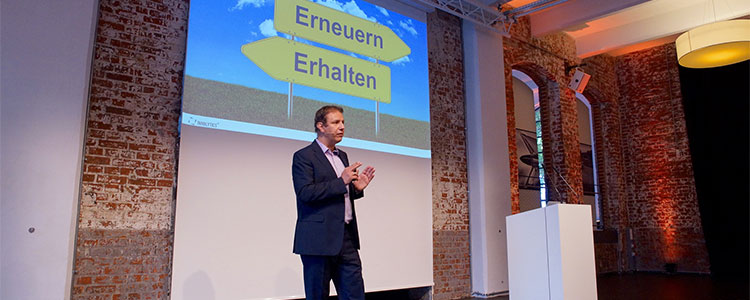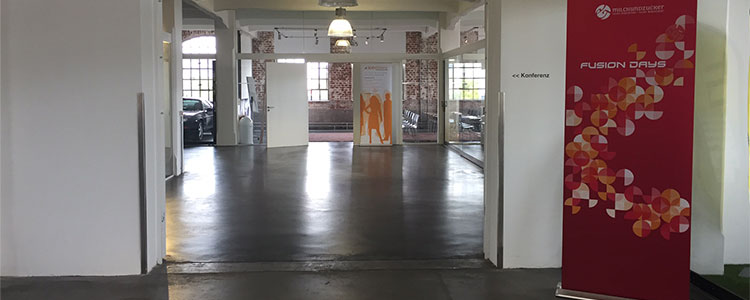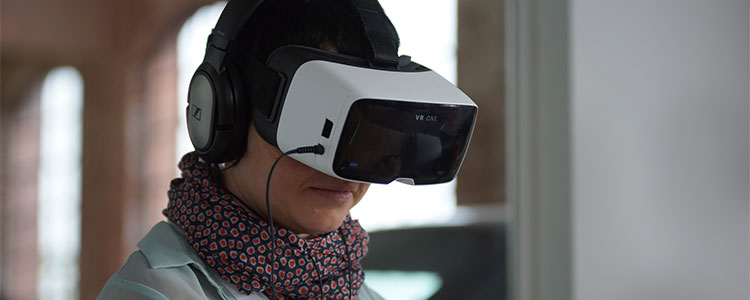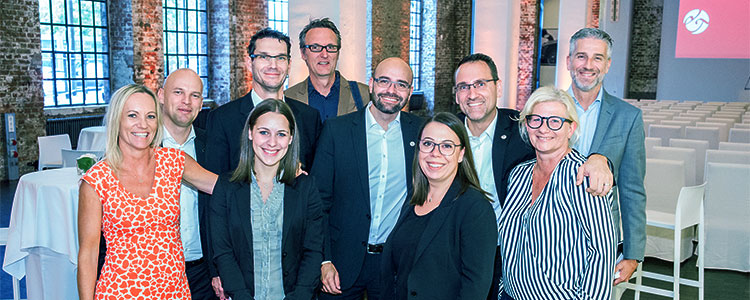
Fusion Days 2016 – The working world, digital & connected – active participation is needed
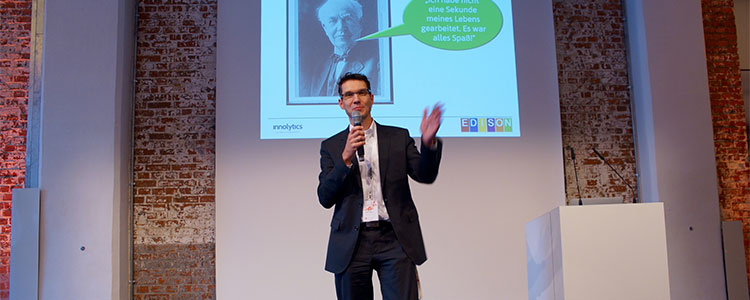
Fusion Days is the exclusive annual event by milch & zucker and JobStairs. Once again, Fusion Days brought things together which belong together: Head and gut, heart and mind, IT and marketing. Think outside the box and complement e-recruiting with employer branding. On 19th and 20th September there were interesting topics about talent management and talent acquisition at the Klassikstadt in Frankfurt.
In addition to the large JobStairs community meeting and the BeeSite Recruiting Edition user group meet on the first day, the approx. 100 participants were able educate themselves and exchange ideas on the following topics:Prof. Dr. Josef van Genabith from the German Research Centre for Artificial Intelligence in Karlsruhe gave an overview of the development of computers trying to understand our language. From rule-based language technology to machine learning, where attempts are being made to recognize patterns from large amounts of data and to apply those patterns to new tasks. This can, for example, result in applications for text and voice recognition, automated translations and many more. The most recent developments, so-called deep learning, now use artificial neural networks and the availability of many millions of data. The elements of these systems are profoundly connected to one another, are self-learning and have lead to huge advances in recent years in the fields of image recognition, speech processing and robotics. It is our great pleasure to announce that instead of a presentation fee, we were allowed to transfer 1,500 Euro to “Doctors Without Borders”.
